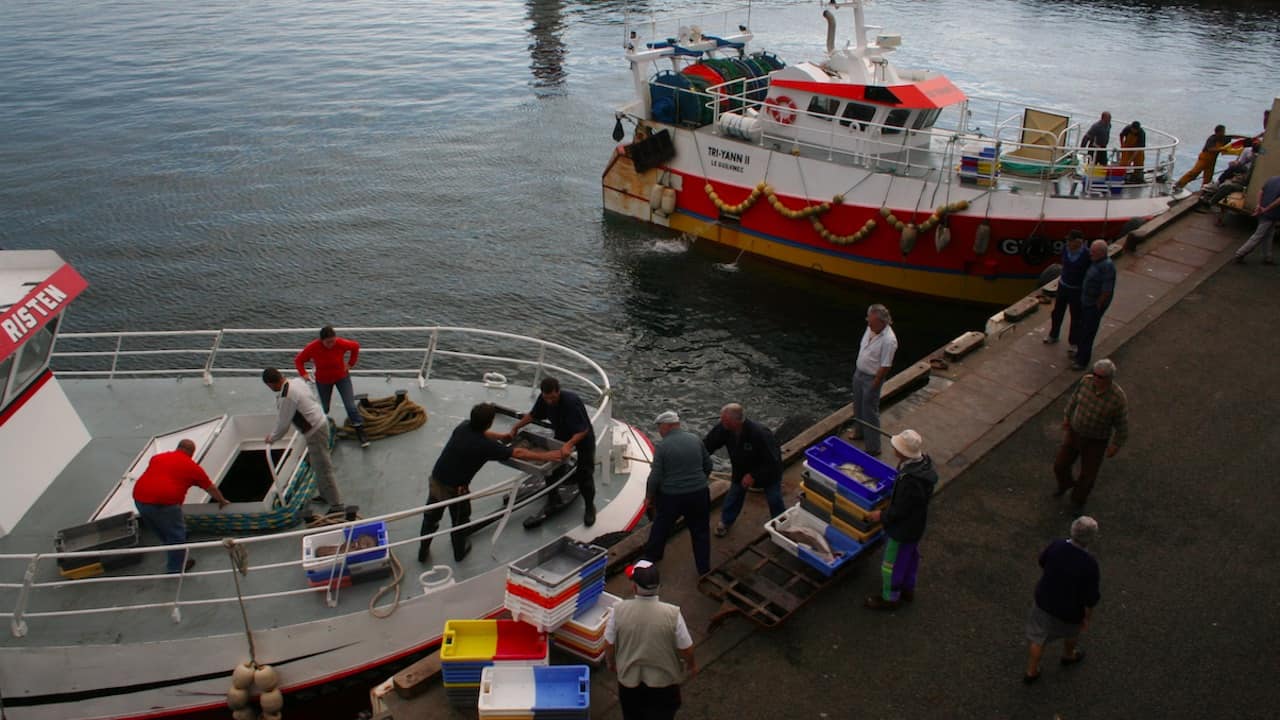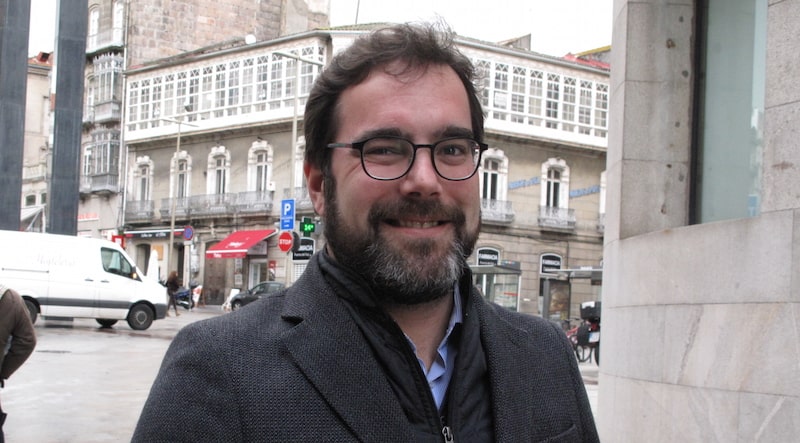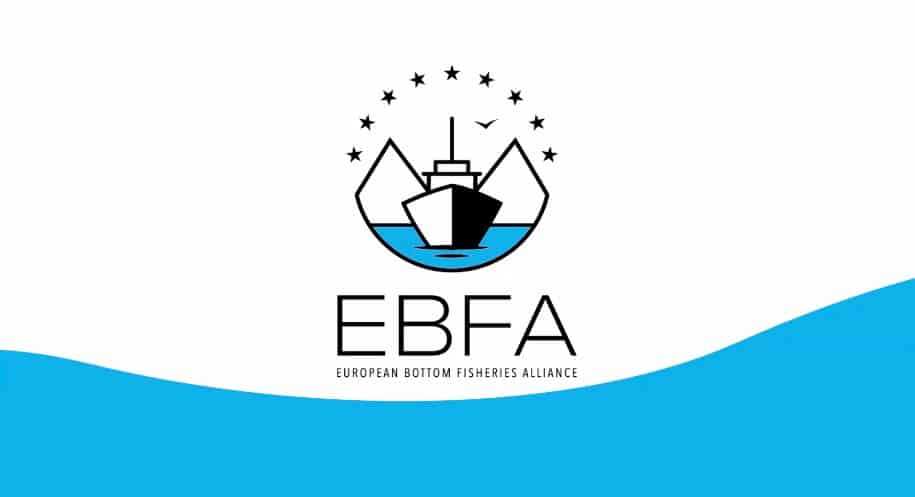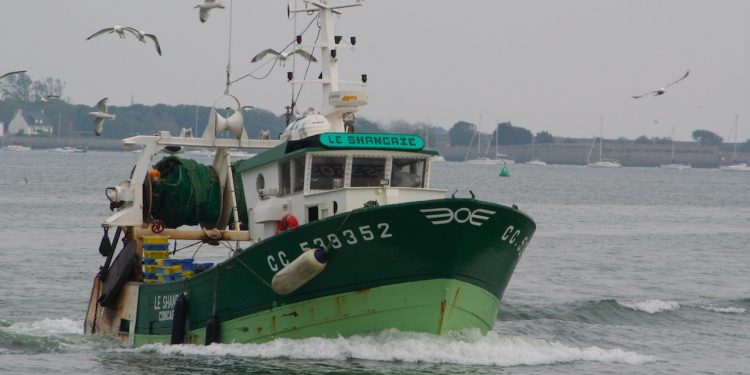There’s something poignant about using the European Parliament to introduce a group set up to counter efforts to have demersal fishing outlawed – as this is precisely where the decisions will be taken when the time comes.
The new grouping, the European Bottom Fishing Alliance, is supported from fourteen European nations with coastlines and fisheries, from the Baltic to the Mediterranean, and there are pressing reasons for the establishment of such an organisation, according to MEP Peter van Dalen, who opened the meeting.

‘The whole development is worrying me,’ he said. ‘For the first time, an amendment was adopted in the European Parliament, with a small majority, to work towards a full ban on bottom fishing.’
He commented that in the context of events playing out in Ukraine, there are questions of food security that Europe needs to address, and legislating out of existence a large part of a major food industry solves none of thee questions – while there are also serious questions over the legitimacy of these demands.
‘In the North Sea there is lot of bottom fishing. Yet all of the stocks are in very good shape,’ Peter van Dalen said. ‘Species such as sole and place are in excellent condition. To claim that bottom fishing is destroying the environment is sheer nonsense.’

At the head of EBFA is Iván Lopez van der Veen, a figure with a long background in the industry’s politics as well as a day job managing a fishing company.
He pointed out in his introduction that EBFA represents around 20,000 fishing vessels and roughly 70,000 livelihoods, and that while there are large fishing vessels, the majority of these are relatively small and operated by family-run businesses. Around 25% of European seafood landings, in both volume and value, are from these bottom-fishing vessels, indicating that this isn’t a trivial question.
‘There’s a problem going on in the EU, with environment and Mr Timmermans looking to propose more restrictions,’ he said.
‘Things should be the opposite way around. We should be looking at the science to evaluate if there’s a problem, and then decide on ways to deal with it. Instead, what we seem to have is a solution looking for a problem,’ he said, commenting that a future in which restrictions are gradually tightened, leading to an eventual phasing out of bottom fishing would represent the significant loss of the fishing sector’s contribution to Europe’s food production – as well as the implications for employment in coastal regions.
The comparisons are constantly made between agriculture and fisheries, and Iván Lopez took the opportunity to add to these, commenting that everything we eat has an impact on the environment.

‘We accept this in agriculture. These are the acceptable impacts, and these need to be defined. Trawling has an environmental impact, but this is not the most damaging activities for the marine environment. Trawling comes behind climate change, shipping and pollution, all of which are far more damaging,’ he said.
‘Closing 30% of the ocean to fishing is going to solve none of those problems,’ he said.
He didn’t shy away from admitting that mistakes have been made in the past – but as science and technology have evolved, fisheries management has developed with it.
‘Today we have frozen our footprint, and we operate under the most stringent regulatory regime in the world,’ he pointed out.
‘MEPs need to stop listening to the apocalyptic messages. The theory that the oceans will be empty by 2048, or that fishing generates a greater carbon footprint than aviation – these are all claims that have been retracted or which have been questioned. But it seems that these messages are flourishing in every department of the European Commission. But we can’t legislate on the basis of emotions and campaigns. We have to legislate on the basis of science – which is why we want to take part in a rational debate that doesn’t start with pre-conclusions, and which takes into consideration all of impacts, such as increasing dependence on imports – including from trawl fisheries outside the EU,’ he said.
‘We can do better – and we will do better.’









